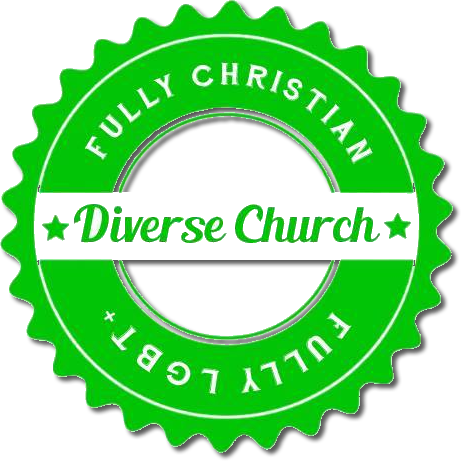Christmas for the cynical.
“Go and search diligently for the child; and when you have found him, bring me word so that I may also go and pay him homage.” Matthew 2:8
When you think of the Christmas story it might not be King Herod who immediately stands out as a noteworthy character. We usually look to the shepherds, ponder the response of Mary, conjure up images of exotically robed wise men gathered around a starlit stable. Enduring repetitive Christmas services, surrounded by people you might only ever see once a year, can leave our hearing of the Christmas story emptied of mystery. We’re comfortable with the message: God came to earth, in a stable, the angels sang, the shepherds rejoiced, the wise men came, peace on earth... But there’s very little about the Christmas story that should leave us feeling comfortable.
In the gospel narrative, Herod is the antagonist of the story; a king who pretends to give homage to Jesus, but is secretly determined to kill the child. And, it gets worse. Matthew tells us “When Herod saw that he had been tricked by the wise men, he was infuriated, and he sent and killed all the children in and around Bethlehem who were two years old or under.” (Matthew 2: 16). Everything about Herod’s reaction is tragic; echoes of innocent children slaughtered in Exodus abound. And yet I’m left wondering, ‘could Herod’s reaction to the birth of Jesus be the most honest?’
Herod’s honesty stands out because there’s so much in our telling of the Christmas story that’s hard to believe: Joseph’s willingness to step outside the cultural norms of his day; the Magi who travel on a star-lit curiosity, and, directed by visions in dreams, defy the will of the king; Mary who is asked to do the impossible, and still says ‘yes’... It’s not surprising then that of all the unlikely characters Herod is the one who is easiest to understand. This is a king who feels threatened, whose power might be undermined, reacting in the way that he knows best: defeat power with power, crush opponents, and quash those who would stand against you.
Of all the characters in the story whose lives get disrupted, Herod is the one who takes things into his own hands. Yet, as we look at him trying to micro-manage the situation for his self-serving advantage it only serves to highlight the vulnerability of the incarnation. The God-becomes-flesh story stretches us, it relentlessly knocks our assumptions about the way in which God works. In the earthliness of the birth narrative the scene has been set for the whole gospel; here is the recklessness of God, heaven meeting earth in a vulnerable child. God is taking risks, and inviting us to be risk-takers too.
Herod represents power and authority structures, those who will go to great lengths to keep things the way they are. Perhaps there’s a little of Herod in all of us; as we struggle with change, close ourselves off to what God is doing in the world, and distrust the sacred in our midst. And, still, Christ comes. Christ with us. Emmanuel. At the heart of the Christmas story is the reckless and revolutionary love of God in Christ, a love that challenges and transforms us and refuses to let things remain as they are.
erod’s response may be human but the incarnation invites us into a new way of being human, daring us to see beyond how things are to the way things could be, prompting us to question how we can respond to the recklessness of God in our own lives. This question, and our response, is challenging, especially if over the years we have had to endure the same old stories, politics, and power structures attempting to micro-manage the gospel. Yet even today, the Christ-child reveals the reckless heart of a God who takes risks on the oddest, queerest, most ordinary people like us.
